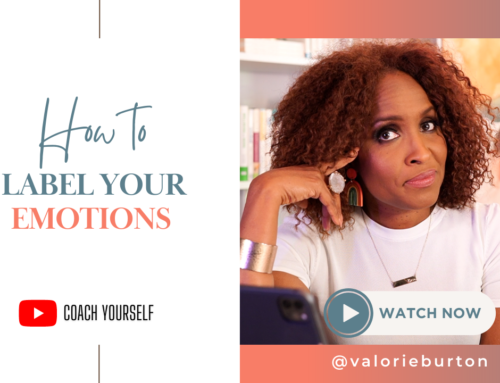Have you ever declared that you were going to start a new goal or habit only to shortly thereafter drop off and get frustrated?
I think we’ve all experienced that at some point. That’s why I always encourage people to develop a temperament to experiment.
All that means is that you don’t have to fully commit to a big change. In fact, it’s actually more effective to experiment with your goals to see what works and what doesn’t, then gradually incorporate your new habits over time. After you’ve experimented for a day, or a week, or a month, you’re able to look back and you evaluate. You can then ask yourself what you want to keep doing, what you want to tweak, and what you want to stop doing. It’s in this process of trial and error that you’re usually able to find something that works even better for you.
So often, we put pressure on ourselves to make grand statements about our goals. For example…
“I’m dropping meat cold turkey. I’m going to be a vegetarian from now on.”
“I’m going to run every single day. I won’t miss anymore workouts.”
Have you ever said anything like that? Without experimenting though, we don’t actually know what we can sustain and what will be needed in order to sustain these kinds of goals.
I’m frequently asked how to stick with goals, and my answer is always to experiment. Rather than declaring a big change, choose one small change and then try it out. Then coach yourself with these very simple questions:
What about this worked?
What didn’t work?
What could I tweak to get on a path that gets me to the goal?
These questions will get you to the answers you need to make a plan to move forward and help you stick with your goal.
If you’re looking for more ways to coach yourself, check out my free course at valorieburton.com or look into my personal growth membership, the Successful Women’s Academy (SWA)!
Coach Yourself:
What goal do you need to experiment with?
Where will you start?



